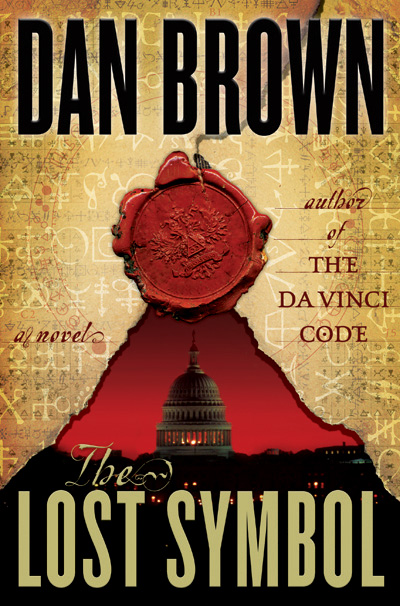Wednesday, December 23, 2009
Liar, liar, pants on fire!
Thursday, December 17, 2009
"I never thought I'd die this way..."
When a huge disaster, such as Hurricane Katrina, devastates the country, it is hard to be completely prepared for it. However, everything in our power needs to be done to help those in need regardless of the cost. Unfortunately, this wasn’t the case for the victims of Hurricane Katrina. There were many things and warnings that were ignored prior to the storm especially the cries for help from the people who had their homes and lives destroyed by the storm.
While I was watching Frontline-The Storm, there were many moments when my blood started boiling. There were warnings issued prior to the storm that outlined the disastrous potential of the storm yet officials chose to look the other way and failed to evacuate the city. After watching the documentary I feel that the main reason everything went wrong was the lack of emergency preparedness on everyone’s part.
The Federal Emergency Management Agency (FEMA), was established by Jimmy Carter in 1979 after he realized that a compilation of random smaller agencies weren’t doing their part in emergency management and there was a lack of organization. FEMA first had a chance to prove itself when Hurricane Andrew, a category 5 storm, hit Florida and surrounding states in 1992. Unfortunately, the agency focused on Miami as being the main target of the storm but the hardest hit areas were in Florida City and Homestead. These areas waited for help to come but they had to wait days until they received it.
As time went by, FEMA kept getting reformed. During the Clinton administration, a new head of FEMA was appointed. The former heads were politicians but this was the first time that an actual emergency responder was in charge. However, during the Bush administration, the budget for FEMA was cut; the government just didn’t see a need for it. FEMA got a chance to prove itself to be beneficial again during 9/11; headlines claimed that they did a “good job”. However, shortly after 9/11, FEMA was downgraded and became a sub-department of Homeland Security. After this, the morale of the agency plummeted and 80 million dollars were taken out of its budget and placed in other areas of Homeland Security.
According to the documentary, FEMA began conducting an exercise called Hurricane Pam in which they were hypothetically planning where their money and aide would go if a disastrous storm ever hit us (prophetic?). However, after $850,000 was invested in this exercise, the plug was pulled. In the reports of the scenario, certain key parts were still left to be determined such as communication, medical care of victims and transportation. If they continued to have the funding, all of these blanks would have been filled in and they would have been a lot more prepared when Hurricane Katrina hit.
Why am I telling you the history of FEMA? I feel like its important because these are the guys that we rely on the most when disaster strikes and if they’re not prepared or if they don’t have enough funding, who will we turn to?
When the storm hit, everything went wrong. There was no power, no means of communication, no resources, no boats or means of transportation; nothing. When the mayor was asked about transportation, he said that he had school buses but there were no bus drivers. In the documentary they said that school buses were the main reason that many people survived in Hurricane Carla in 1961. Why didn’t they think of that? And why do they feel like they have to lie to the public? Some of the officials said that they didn’t tell the public the truth because they didn’t want anyone to panic. If the public knew about the extremity of the situation, more help and aide would have been sent.
Because of the lies, cutting of funds and indifference of government officials, Hurricane Katrina proved to be a whole other issue. They keep saying that they’ll be more prepared next time but they haven’t learned any lessons from all the other disasters that our country has been through. So why should we believe them?
The documentary ended by saying that the government further plans on cutting FEMA’s budget even though they’ve funded bullet proof vests for canines and air-conditioned garbage trucks. Really?!
Thursday, December 10, 2009
New Orleans
Wednesday, December 9, 2009
The Lost Symbol

Monday, December 7, 2009
Food.
Monday, November 30, 2009
The Rum Diary

I just finished reading the book The Rum Diary by Hunter S. Thompson. It was a pretty decent book and I think they're making it into a movie starring Johnny Depp soon. I wanted to share the last couple of paragraphs of the book with you:
